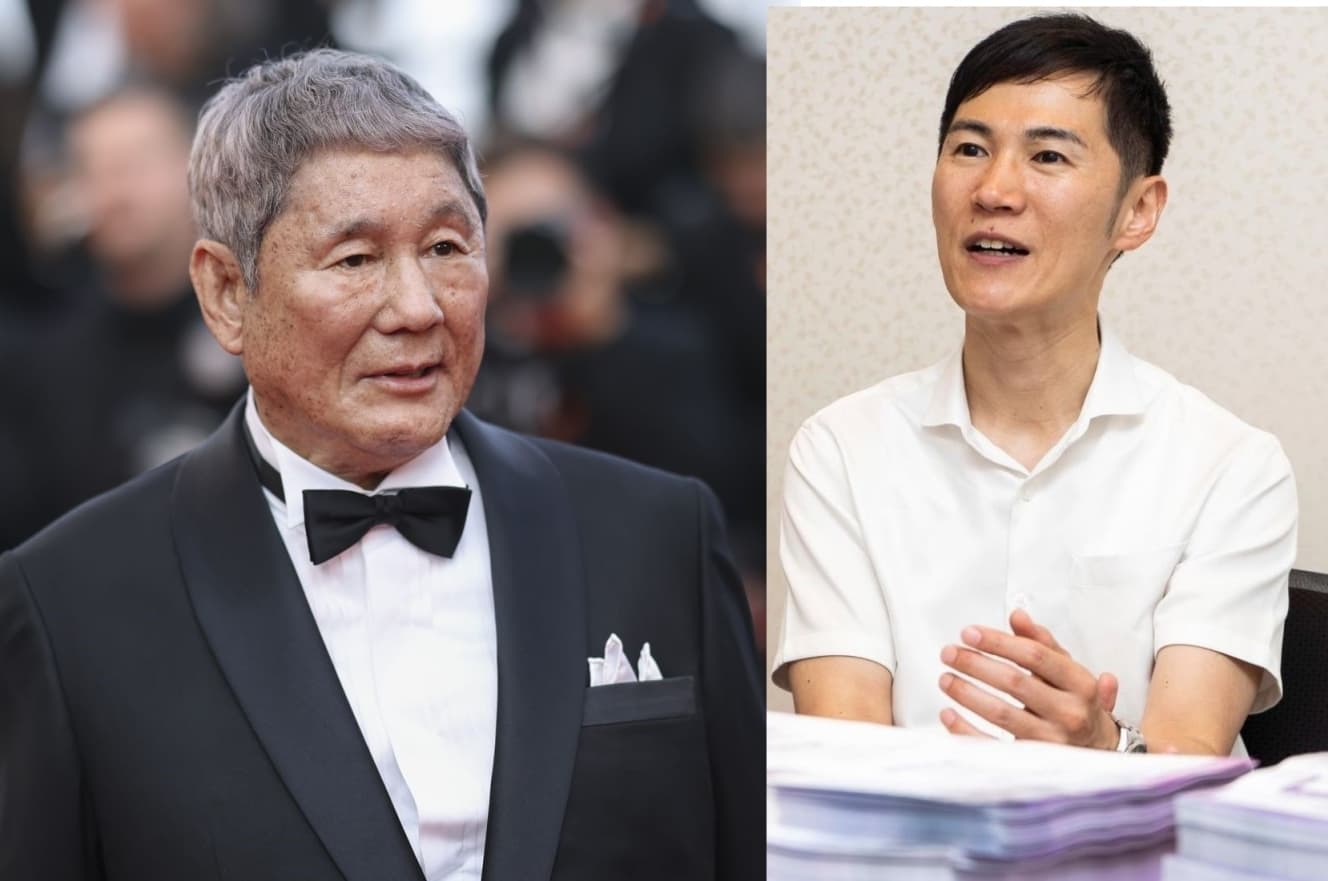Beat Takeshi’s Sincere Advice to Shinji Ishimaru After His TV Ban Declaration
On July 21, Shinji Ishimaru, who came in second in the Tokyo gubernatorial election, appeared as a guest on “Beat Takeshi’s TV Tackles” (TV Asahi). Beat Takeshi commented on Ishimaru’s recent handling of the media:
“It seems like things don’t move in this world unless you answer with genuine sincerity.”
This comment has become a topic of discussion.
Although Shinji Ishimaru finished second in the Tokyo gubernatorial election, his post-election interviews and attitude have become a topic of discussion.
“On the 16th, during a live stream on his YouTube channel, he hinted at a ‘ban’ from interviewing with Nippon TV, TBS, and TV Asahi. He seemed to have felt hostility and provocatively smiled as he said, ‘Look, it’s troublesome, right? What will the important people do? Sponsors will get angry too.’
At 45 in four years, Ishimaru appears to be eyeing the next gubernatorial election, stating, ‘Aren’t I the top contender? Objectively speaking.’ There’s no doubt he achieved tremendous popularity this time, surpassing Renho, but his level of self-confidence is surprising.” (sports newspaper reporter)
Ishimaru expressed his dissatisfaction with the TV stations, but how do those working in the TV industry actually feel about it?
According to sources from the TV stations mentioned:
“From the perspective of political neutrality, we should ideally introduce all candidates equally. However, when there are too many candidates, like in this Tokyo gubernatorial election, it’s practically impossible to cover everyone’s promises and background. After the announcement day, we do broadcast the names of all candidates at the end, but that’s the limit.
In other words, we choose candidates who seem to attract the most public attention to feature. For this election, most stations focused on Koike, Ishimaru, Renho, and Toshio Tamogami about four candidates.”
In fact, the election results show that these four candidates ended up in the top four.
“What I want to say is that television is predominantly watched by older people, who make up the majority of voters. This means that candidates with higher exposure on TV are more likely to be elected, as there is a clear link between TV exposure and vote share.
If Mr. Ishimaru refuses to accept interviews from the three major TV networks, whether it’s for the Tokyo gubernatorial election or national politics, he will hardly be seen on the channels of the networks that have banned him. If he has the confidence to win despite this adversity, perhaps he should cut ties with the TV networks altogether.” (TV network insider)
Meanwhile, the TV networks remain assertive.
On the TV show “TV Tackles,” Takeshi expressed understanding of Ishimaru’s frustration with repeated questions:
“Of course, he’d be angry. It’s about the same questions over and over.”
However, he also offered gentle advice for Ishimaru’s future:
“However, for Ishimaru to unite voters in politics, even when faced with questions like ‘Why don’t you understand this?’, he needs to respond as if he’s answering with sincerity. It seems that this is necessary for moving society forward.”
In this scene, there is a gentle piece of advice given to Ishimaru. It appears that Takeshi understands that if one becomes a politician, it is not advantageous to view the media as an enemy..
“Ishimaru-san, despite declaring a media ban, still appears on TV Asahi’s ‘TV Tackle.’ Perhaps this declaration was just a way to warn TV stations not to engage in ‘trivial matters’.” (Sports paper reporter)
Given Ishimaru’s high popularity online and among younger audiences, he might consider TV, which has an older viewership, to be less relevant. However, if he genuinely wants to spread his policies to as many people as possible, it might be necessary to show the ‘mature response’ that Takeshi mentions, by answering TV stations with sincerity.
PHOTO: Afro (Beat Takeshi) and Takayuki Ogawauchi (Ishimaru)
